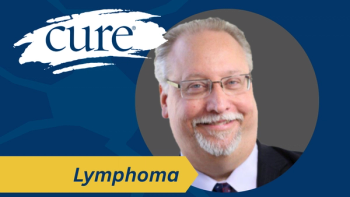
- Fall 2008
- Volume 7
- Issue 3
New Funding and a New Voice
New law funds pediatric cancer research.
Your tax dollars will soon be harder at work in the battle against childhood cancers.
In July, President Bush signed into law the Caroline Pryce Walker Conquer Childhood Cancer Act, legislation that increases funding for pediatric cancer research by $30 million annually for five years, beginning in 2009.
The goals of the new law include expanding biomedical research and fostering collaborative clinical trials; developing a National Institutes of Health fellowship program to encourage a new generation of scientists to focus on childhood cancers; and funding a national database to help researchers spot trends in childhood cancer rates and genetic patterns behind the diseases. The bill will also support patient and family education and access to needed treatment and support.
The legislation was named for the daughter of U.S. Rep. Deborah Pryce (R-Ohio). Caroline died almost a decade ago from neuroblastoma at age 9. Rep. Pryce, who is retiring from Congress in January, is active in childhood cancer issues and is co-founder of Hope Street Kids, which supports pediatric cancer research, advocacy, and education.
But even as Pryce retires, children with cancer will gain a new voice in Congress. In June, Rep. Joe Sestak (D-Pennsylvania) announced the establishment of a Pediatric Cancer Caucus, which he will chair. Sestak’s daughter, Alexandra, 7, is a brain cancer survivor.
Articles in this issue
over 17 years ago
Message from the CURE Staffover 17 years ago
Understanding Preventive Mastectomyover 17 years ago
International Thyroid Cancer Survivors' Conferenceover 17 years ago
Breaking Down TCMover 17 years ago
Olympian Postpones Treatment to Competeover 17 years ago
New Pharmacy Breed Offers Special Attention, Drawbacks to Patientsover 17 years ago
www.SharingHope.tvover 17 years ago
Q&A: Vitamin Dover 17 years ago
Web Exclusive: Preventing Breast Cancerover 17 years ago
Never Fear



